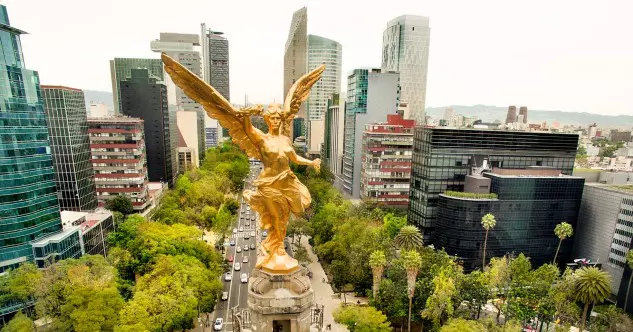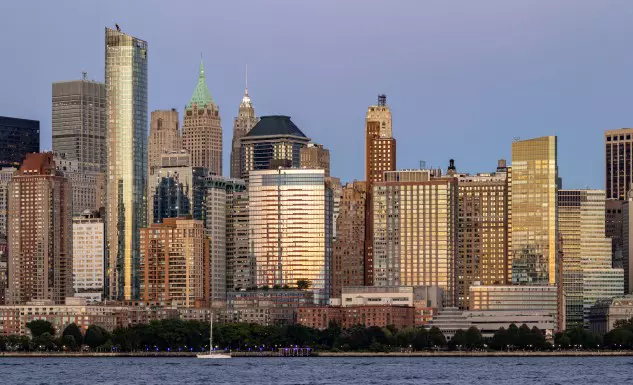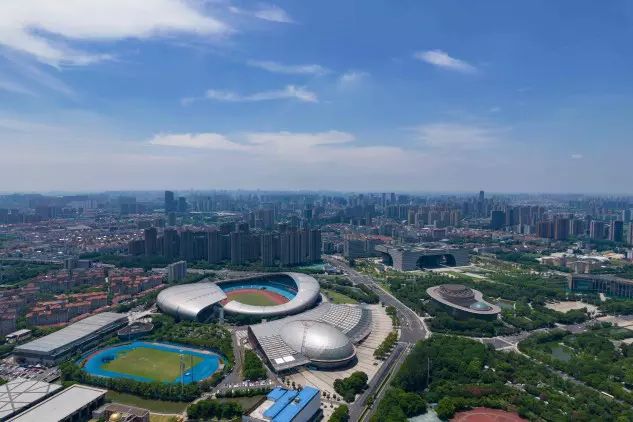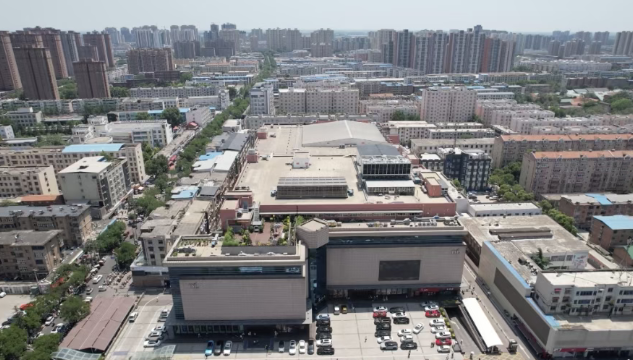Sustainable Urbanization
When Warmth Becomes a Trap: The Hidden Costs of Winter Urban Heat Islands

Winter urban heat islands are often seen as a seasonal advantage, making cities slightly warmer during cold months. However, growing evidence shows they can worsen air pollution, accelerate infrastructure damage, and create hidden public health risks. This article explores real-world case studies and explains why winter UHIs are becoming a critical issue for sustainable and smart cities.
Read MoreWhen Warmth Becomes a Trap: The Hidden Costs of Winter Urban Heat IslandsSmart Expressways in 2025: Scaling Up Implementation

In 2025, China’s smart expressway construction has moved beyond the early stage of prioritizing “showy technology” and technological stacking, moving into a phase centered on pragmatic implementation, system integration, and operational value. Many industry observers see this as a major…
Mexico City 2026: Can Megacity Mobility Coordination Keep a World Cup City Moving?

Mexico City will face a rare stress test during the 2026 World Cup as matchday travel overlaps with daily commuter peaks. The article explores how megacity mobility coordination, not infrastructure expansion, will determine transport system resilience. Lessons from global events show why governance and demand management are becoming core urban mobility tools.
Read MoreMexico City 2026: Can Megacity Mobility Coordination Keep a World Cup City Moving?AI in Urban Governance and the Future of Human-Centric Cities: Interview with Svetlana Tešić

In this interview, Svetlana Tešić shares her expert perspective on AI in urban governance and the growing role of cities in shaping digital transformation. She discusses citizen trust, collaboration between municipalities, and the importance of human-centric approaches to technology. The conversation explores how European cities can use AI responsibly while strengthening democratic governance and public participation.
Read MoreAI in Urban Governance and the Future of Human-Centric Cities: Interview with Svetlana TešićNew York Moves Toward an All-Electric Buildings Law Amid Court Battles and Grid Concerns

New York is moving toward an all-electric buildings law that could end gas-powered systems in new construction. The proposal has sparked legal challenges and concerns over costs and grid readiness. The outcome may influence building electrification policies far beyond the state.
Read MoreNew York Moves Toward an All-Electric Buildings Law Amid Court Battles and Grid ConcernsAI-Powered Intelligent Transportation: How Changzhou Is Building a “Smooth City” System

Changzhou, Jiangsu province, China leverages AI to advance its intelligent transportation system. Key initiatives include the AI-driven “Cloud Bus,” which optimizes routes and reduces wait times, and smart toll stations that enable seamless, efficient vehicle passage. These efforts enhance public transport, cut costs, and improve urban mobility, supporting the city’s sustainable development goals.
Read MoreAI-Powered Intelligent Transportation: How Changzhou Is Building a “Smooth City” SystemThe New Energy Frontline:Energy Resilience in Central and Eastern Europe (II).

The second part of the article examines how cities shape energy resilience in Central and Eastern Europe, from managing rising demand to addressing energy poverty. It explores what local governments need — in policy, funding, and coordination — to turn urban energy systems into pillars of regional security.
Read MoreThe New Energy Frontline:Energy Resilience in Central and Eastern Europe (II).How Noise and Air Pollution Shape Healthier Cities: Interview with Milica Raičković

In this interview, Milica Raičković discusses how noise and air pollution affect public health and urban quality of life across Serbia and the Western Balkans. Drawing on insights from a major regional conference, she explains why systematic monitoring, interdisciplinary planning, and data-driven decision-making are essential for healthier cities.
Read MoreHow Noise and Air Pollution Shape Healthier Cities: Interview with Milica RaičkovićSustainable Holiday Celebrations in Cities: From Christmas Trees to Smart Urban Solutions

Holiday celebrations are placing growing pressure on urban environments through increased waste, energy consumption, and air pollution. This article examines the environmental implications of festive traditions, ranging from Christmas trees to fireworks, and demonstrates how sustainable holiday celebrations in cities can be promoted through intelligent technologies, data-driven planning, and informed consumer choices.
Read MoreSustainable Holiday Celebrations in Cities: From Christmas Trees to Smart Urban SolutionsSaaS Traffic Control in Xuchang: A New Model for Seamless Congestion Management

Xuchang (Henan province, China) tackled traffic congestion caused by surging tourism by implementing AI-powered SaaS traffic control system. This lightweight solution, deployed in two weeks at one-tenth the traditional cost, reduced intersection delays by 13.39% and improved rush hour speeds by 13-15%. Integrated smart parking further optimized mobility, demonstrating technology’s role in building efficient cities.
Read MoreSaaS Traffic Control in Xuchang: A New Model for Seamless Congestion Management